Grenoble-Neurotech

Neurotechnologies for functional rehabilitation
The Grenoble-Neurotech project aims to develop neuroprostheses allowing paralyzed people to compensate - at least partially - for the loss of control of their upper limbs or speech. It combines new implantable neural interfacing solutions with methods and tools for real-time processing of neural signals. The project also explores how these rehabilitation strategies can be extended to closed-loop therapeutic approaches in certain disabling psychiatric diseases such as obsessive-compulsive disorder. This research is conducted in conjunction with a reflection on the ethical and societal implications of these neurotechnological developments.
Challenges
Lesions of the central nervous system constitute a major and growing public health and social problem, affecting more than 5 million people in France today. Existing therapeutic solutions are no longer sufficient to face the current problems, so developing new efficient tools for the diagnosis, rehabilitation and compensation of these neurological deficits is becoming a major scientific challenge.Interdisciplinarity
Grenoble-Neurotech brings together a network of 15 laboratories in the Grenoble area, including four UGA poles and the DRT-CEA, covering a wide range of complementary research fields such as advanced materials, micro and nanotechnologies, microelectronics, mechanical engineering, robotics, signal processing, artificial intelligence and machine learning, neurosciences, neurophysiology, neurology, neurosurgery, ethics, philosophy and social sciences. The complementary nature of the teams involved allows them to address the complete development of new devices by facilitating the transition from basic research to clinical research while taking into account the associated societal issues.A transformative project
The ambition of Grenoble-Neurotech is to bring together the interdisciplinary strengths available in Grenoble to develop new brain interface devices to serve rehabilitation systems based on BCI (Brain Computer Interface). The project focuses on fine motor skills (hand and speech) and anticipates future cognitive applications of BCI in psychiatric disorders. The strong anchoring of ethical and philosophical reflections in synergy with scientific and technological developments should also lead to significant societal impacts.National and international reach
The project's objective is therefore to make Grenoble competitive at a time when neurotechnologies are experiencing spectacular growth throughout the world and to strengthen its visibility in this field. In parallel to the R&D actions, the coordination between the program leaders will stimulate the partners to respond in a concerted manner to national actions as well as to the Horizon Europe program calls. In addition, the results of the project will be valorized through patents and industrial transfers.For a better visibility of Grenoble
In the field of neurotechnologies, the Grenoble site is currently competing with high visibility "Neurotech" research sites organized into active networks, such as the Geneva region in French-speaking Switzerland and several centers in Italy, Spain, Germany and the United States. In a context where several Grenoble-based neuroscience/neurotechnology groups are already individually visible, the Grenoble-Neurotech project aims to create a framework for collaborative work and to coordinate neurotechnology research between the various teams in the Grenoble area, in order to make Grenoble better identifiable in this field, in synergy with foreign initiatives, notably through the establishment of international exchanges.Updated on October 2, 2024

